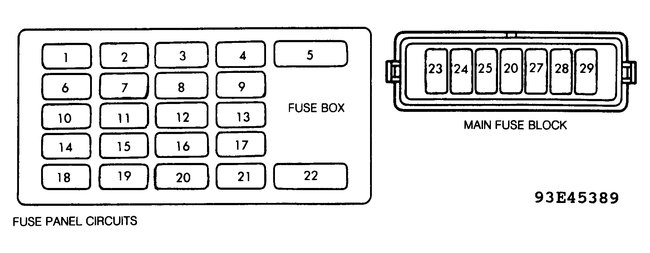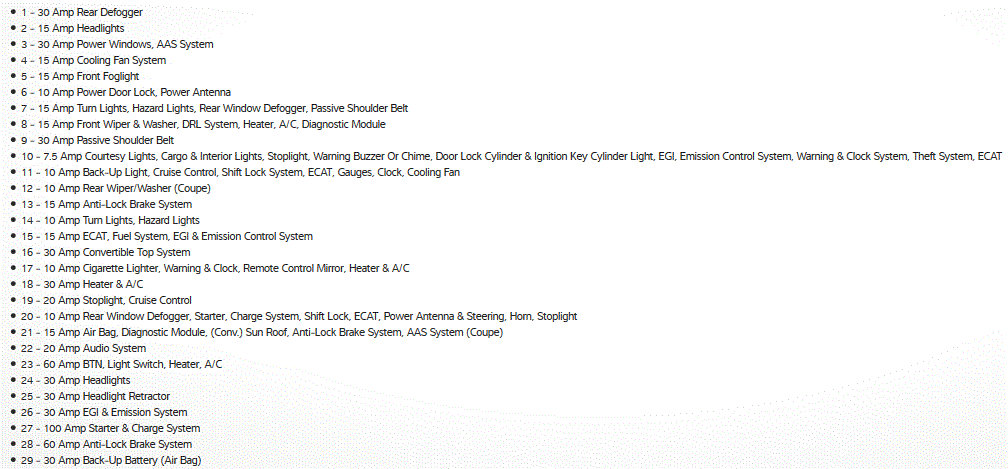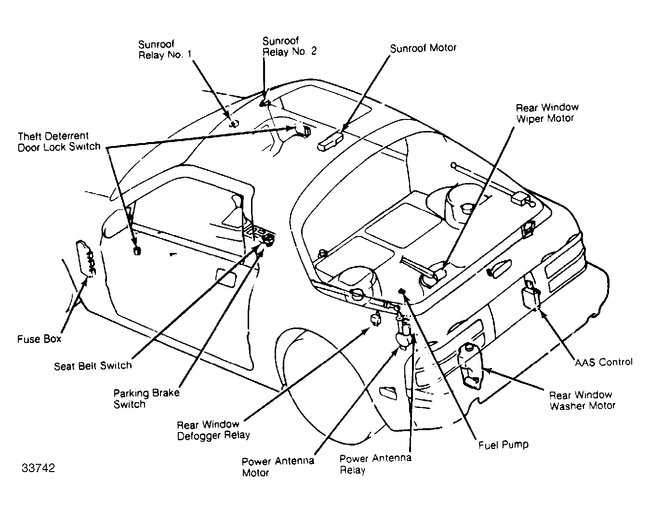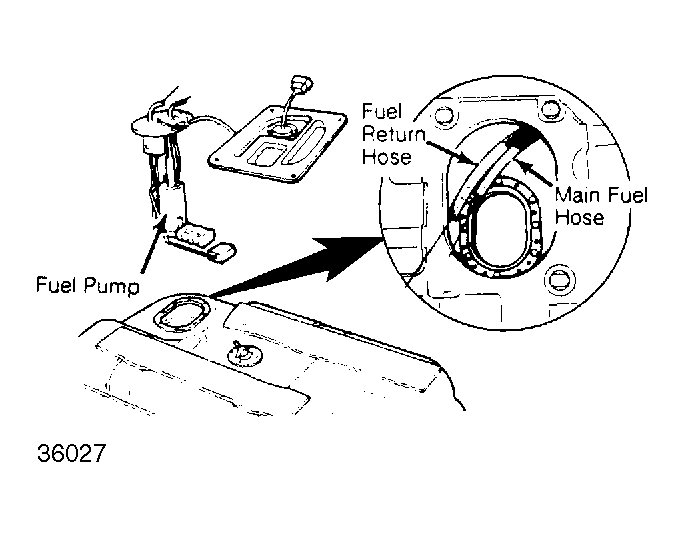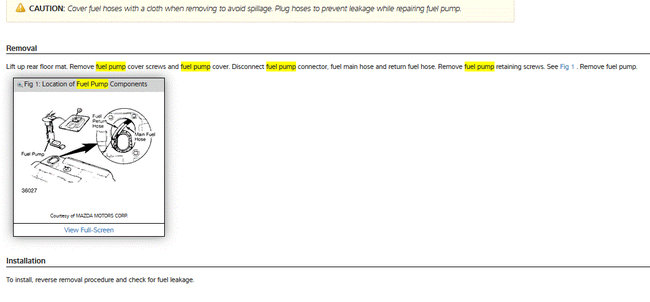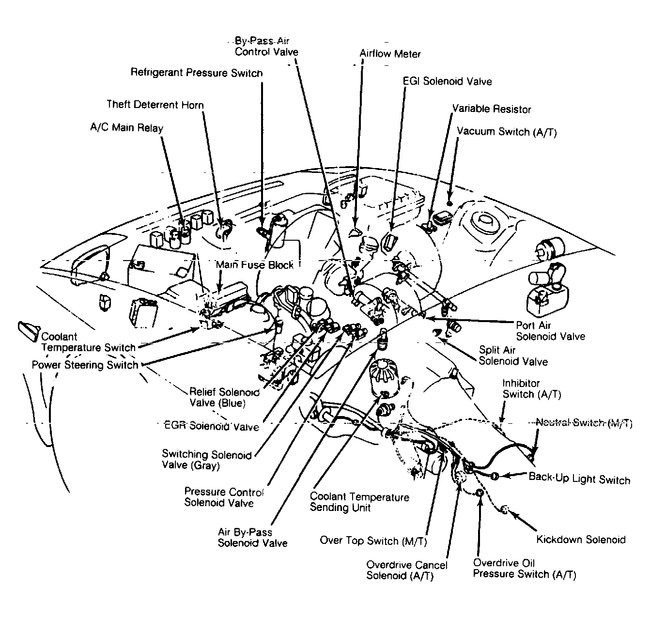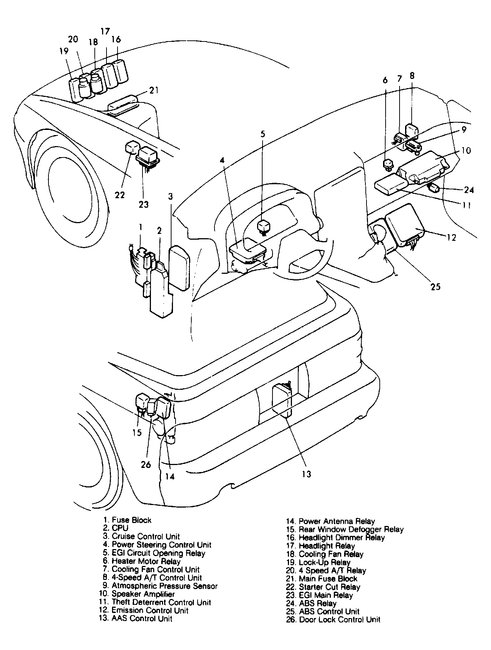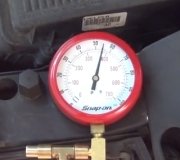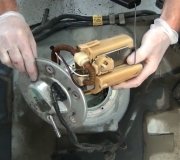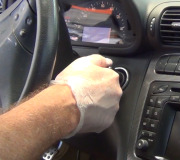I ask for expert advice specific to to car make model and year in question.
I couldn't get the car started. I only started it occasionally since the summer. But now after being parked for some time, I couldn't get it started. I had the battery recharged and tried again but no cigar. I read some post in which they said there was an electrical plug under the hood near the passenger side spring tower. I think I located that electrical plug and placed a piece of wire to short out the connector but I didn't hear the sound of what would be the fuel pump engaging. The next method, I unplugged the rubber tube that goes from the fuel filter to where it is supposed to go under the hood, then I turned the key to "on" but didn't start it, and I observed that fuel didn't flow from that unplugged tube. So I suspected that the fuel pump need testing. By the way the fuel filter was replaced some time ago and has little miles on it and the car started after the replacement. I also had tested the fuel pump at the time the fuel filter was replaced and the car started, but the test was done with the fuel pump removed from the fuel tank and applying battery voltage and ground to it. At the time the fuel pump spun. But now I want to try to test the fuel pump while it is not removed from the tank with the battery disconnected from under the hood. My plan: with a stand alone battery, apply 12 volts to the blue wire (correct me if I'm wrong but I think the blue wire is for positive voltage) going to the fuel pump on the tank side and ground the negative side of the battery and listen for any sound from the pump. I think it should be safe but I wanted to make sure. It could be an issue other than the pump, don't want to unnecessarily remove the fuel pump from the tank and find out that the pump spins. So would like to know if I could do my test without removing the fuel pump from the tank. Safety is my concern before embarking on this test. If you think the problem lies somewhere other than the fuel pump, advice is welcomed.
Thursday, January 10th, 2019 AT 4:55 PM

